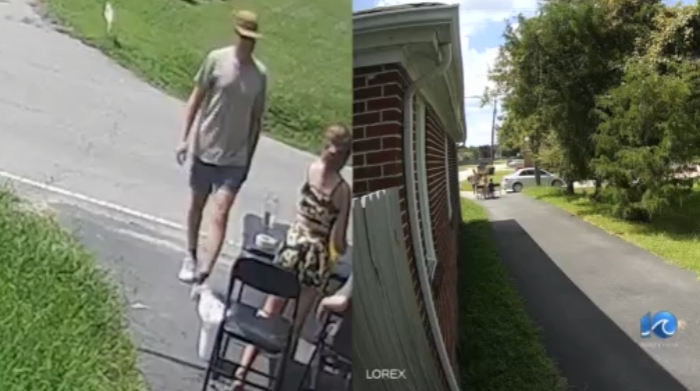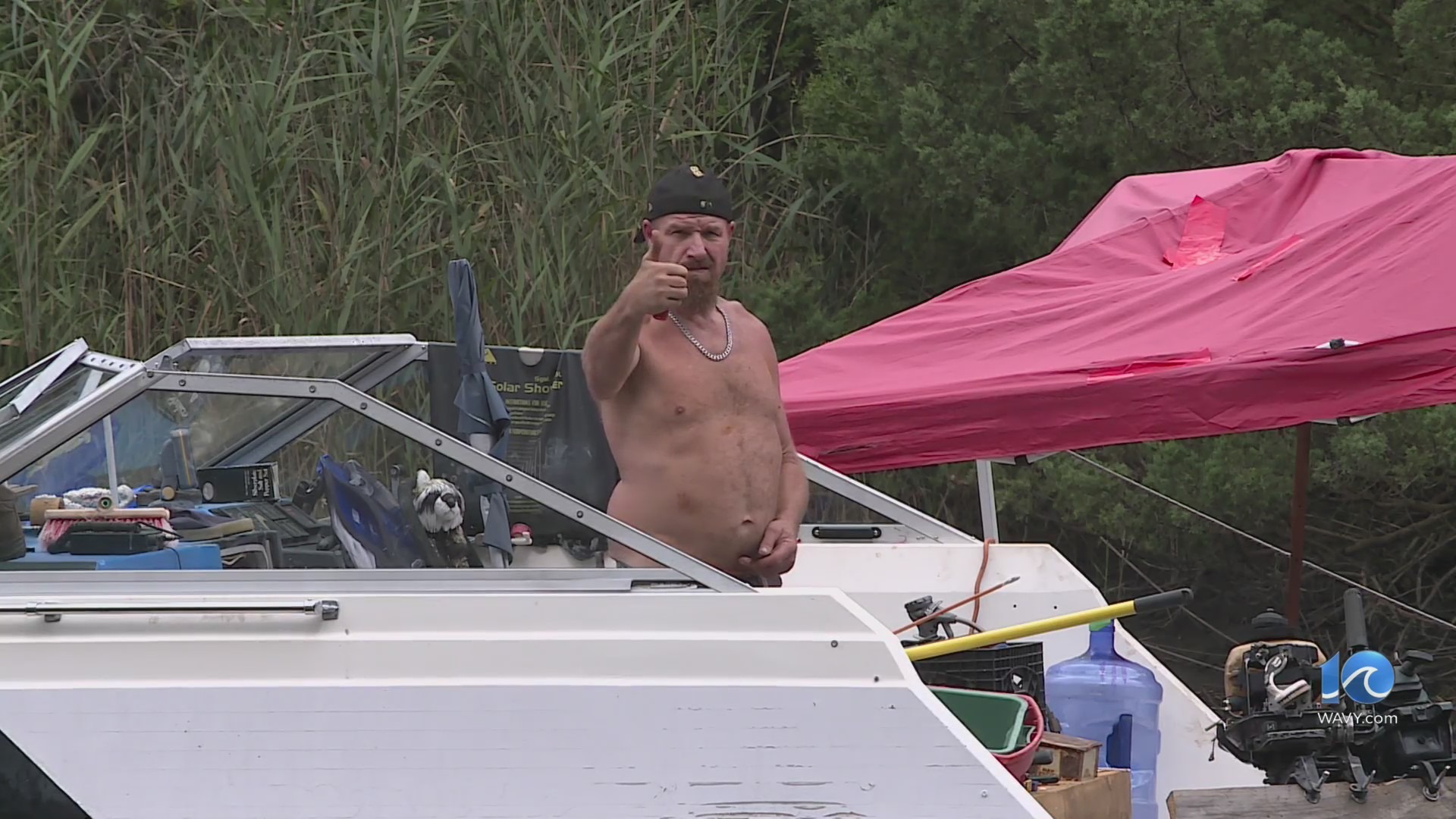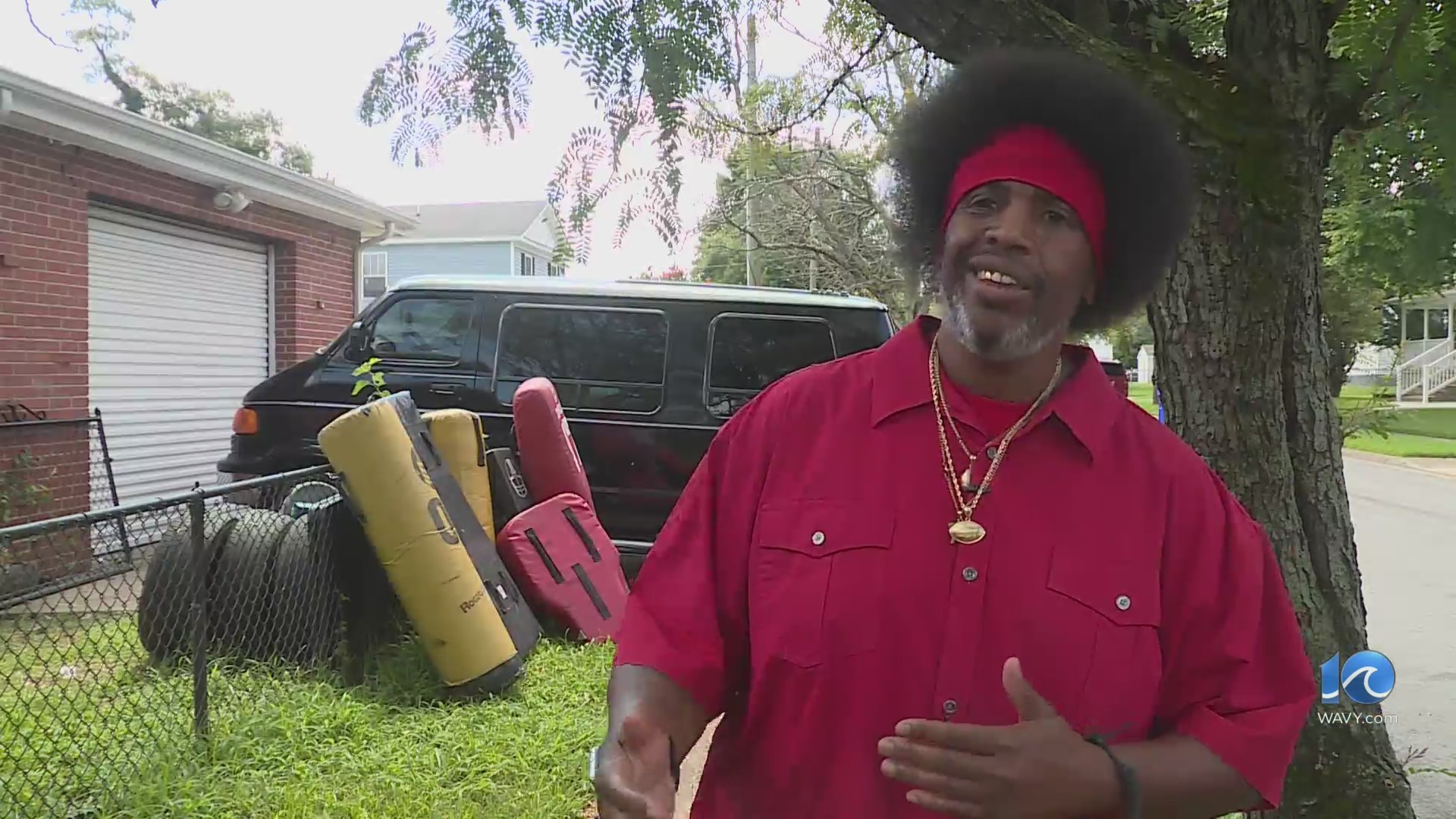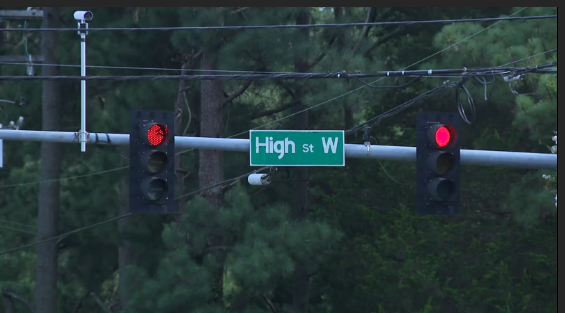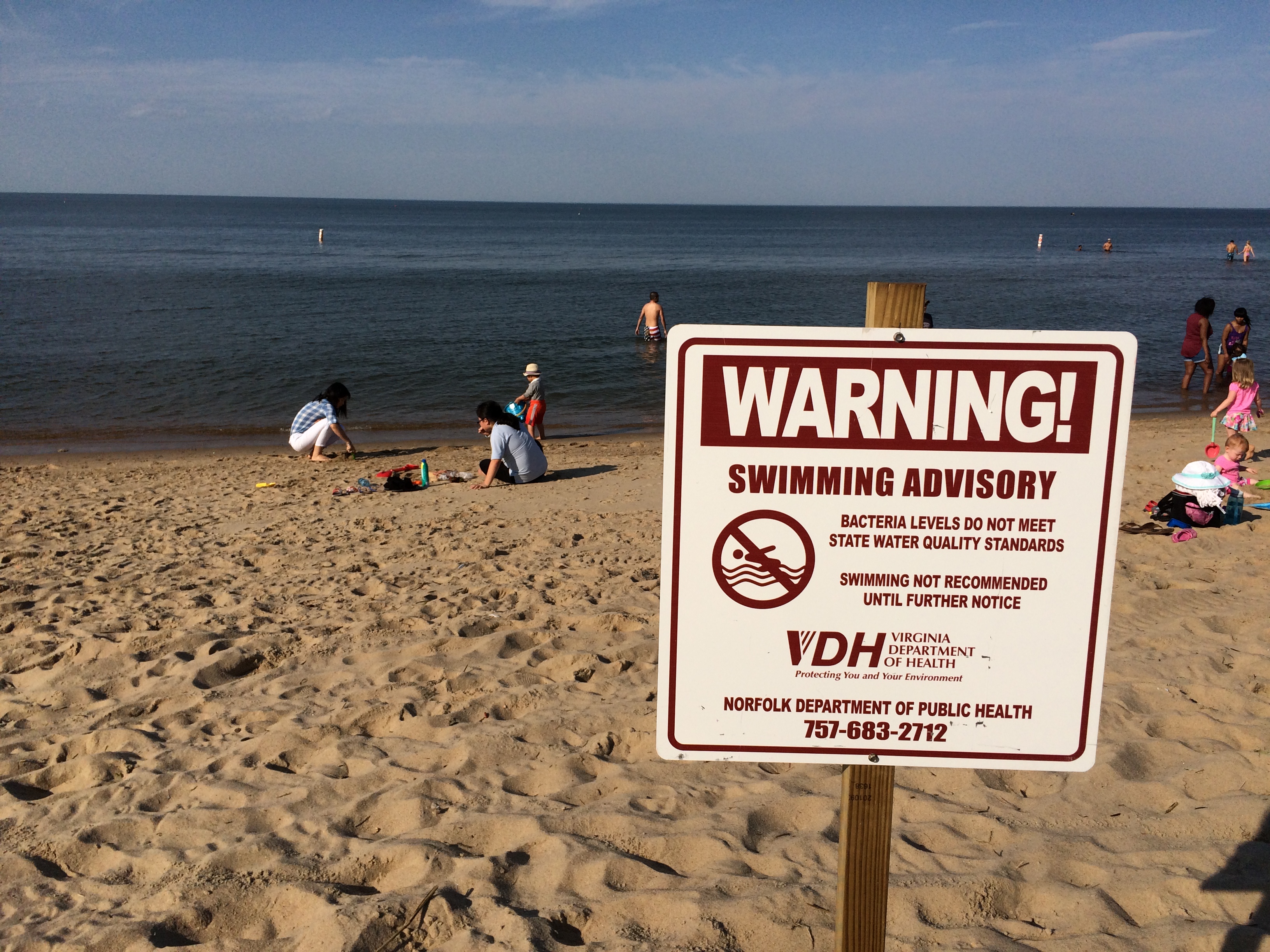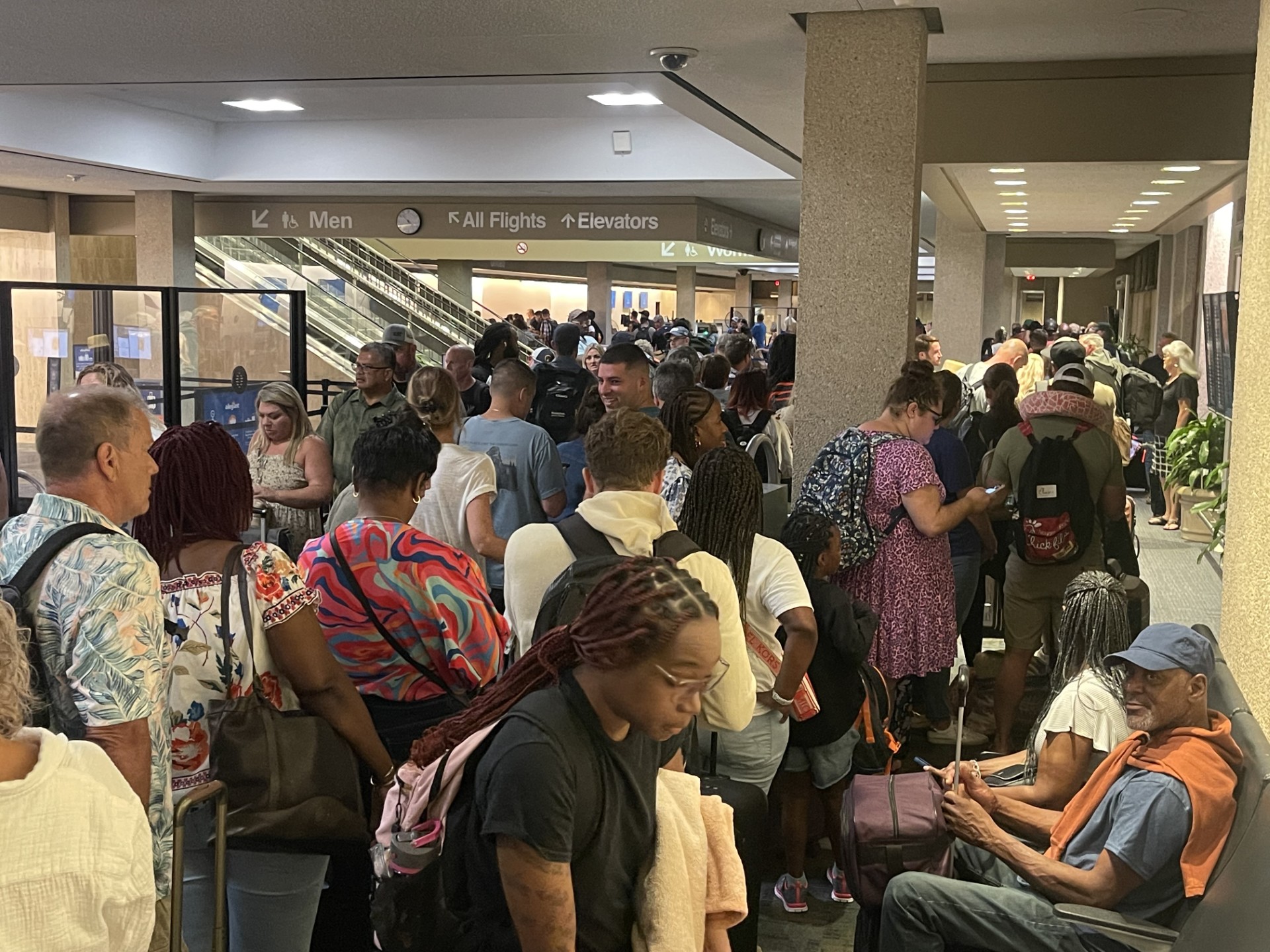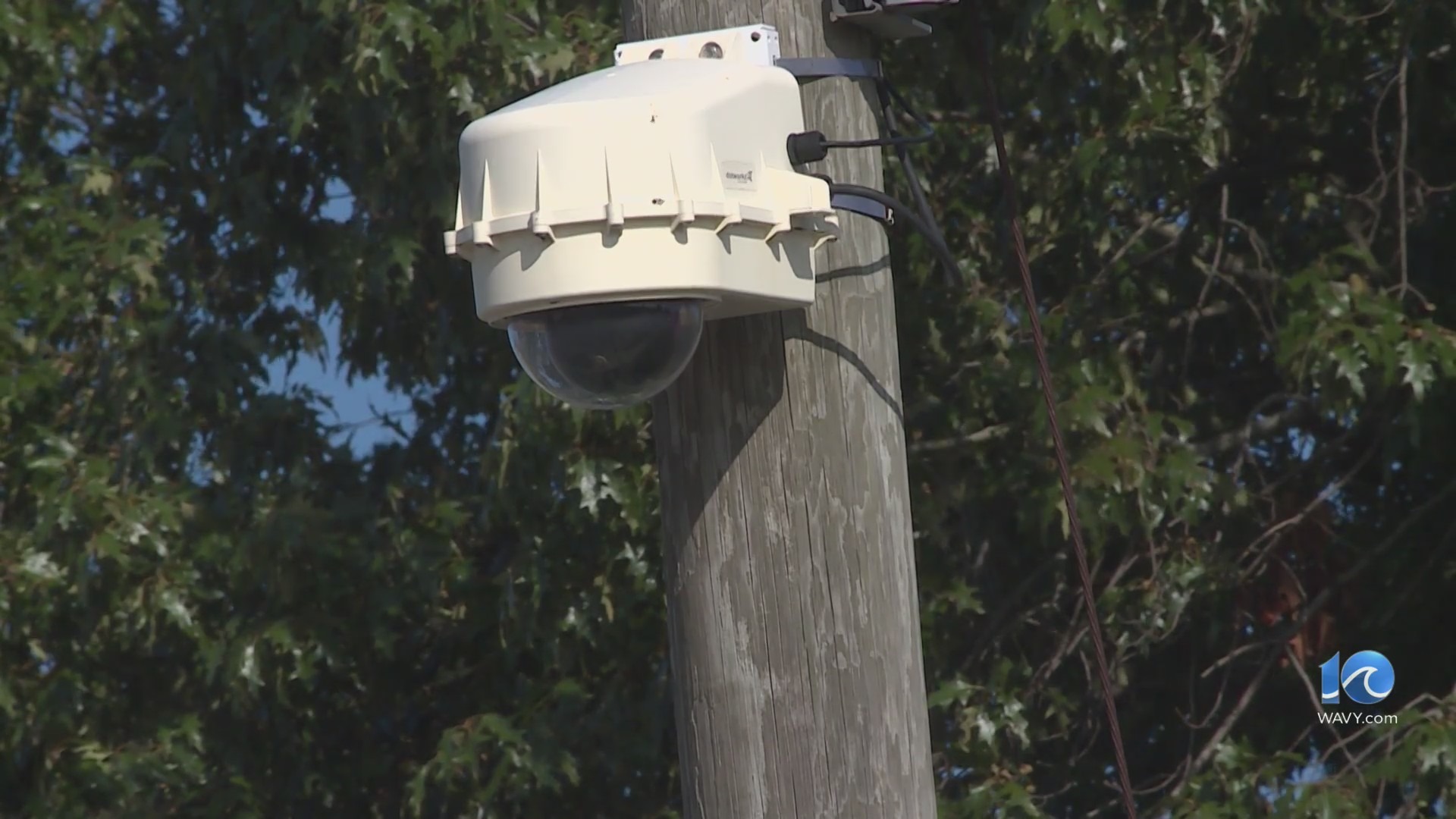BREAKING NEWS: The jury reached a verdict Thursday afternoon, finding Vincent McClean not guilty on charges of voluntary and involuntary manslaughter.
Previous coverage:
PORTSMOUTH, Va. (WAVY) – 10 On Your Side was on the scene when several officers responded to a report of a home invasion on Navajo Trail. After a suspect, later identified as Willie Marable, refused orders to stop, an unnamed officer opened fire.
“Put ’em up. Put ’em up. Put ’em up in front of you. Put ’em up in front of you,” an unnamed police officer shouts.
Five years later, following a state police investigation, veteran officer Vincent McClean – now retired – is on trial for both voluntary and involuntary manslaughter. But McClean is not the officer who fired the fatal shots. Community advocate Earl Lewis finds the case confounding.
“What about the officer who shot him, because the officer who shot him walks away,” Lewis said.
Prosecutors are asking a 12-person jury to convict McClean, who was the supervisor on the scene, claiming he did nothing to save the life of a man who was shot in the back, hands and arms. On day one of testimony, the jury and the victim’s mother had to see and hear graphic police body camera video and audio that captured the last moments of Marabel’s life.
“Willie, Willie, can you hear me honey?”
McClean is heard saying, “he’s breathing, he’s good.”
Later, paramedics arrive and begin CPR in the ambulance.
The prosecution plans to present an expert witness who will say that, had officers administered CPR, Marabel would have survived.
Here’s where the prosecution’s evidence may self-destruct. The officer who was closest to the victim, and not McClean, testified that he and other officers are not trained in how to perform CPR on a person who is still breathing. The video also captures audio of McClean calling for an ambulance.
“This officer who maybe didn’t get the protocol right,” Lewis said, “he gets caught up in the middle of it.”
Later, defense attorneys are expected to tell the jury McClean is not a doctor, and like most officers, he’s not qualified to tell whether a gunshot victim has life-threatening injuries.















































































